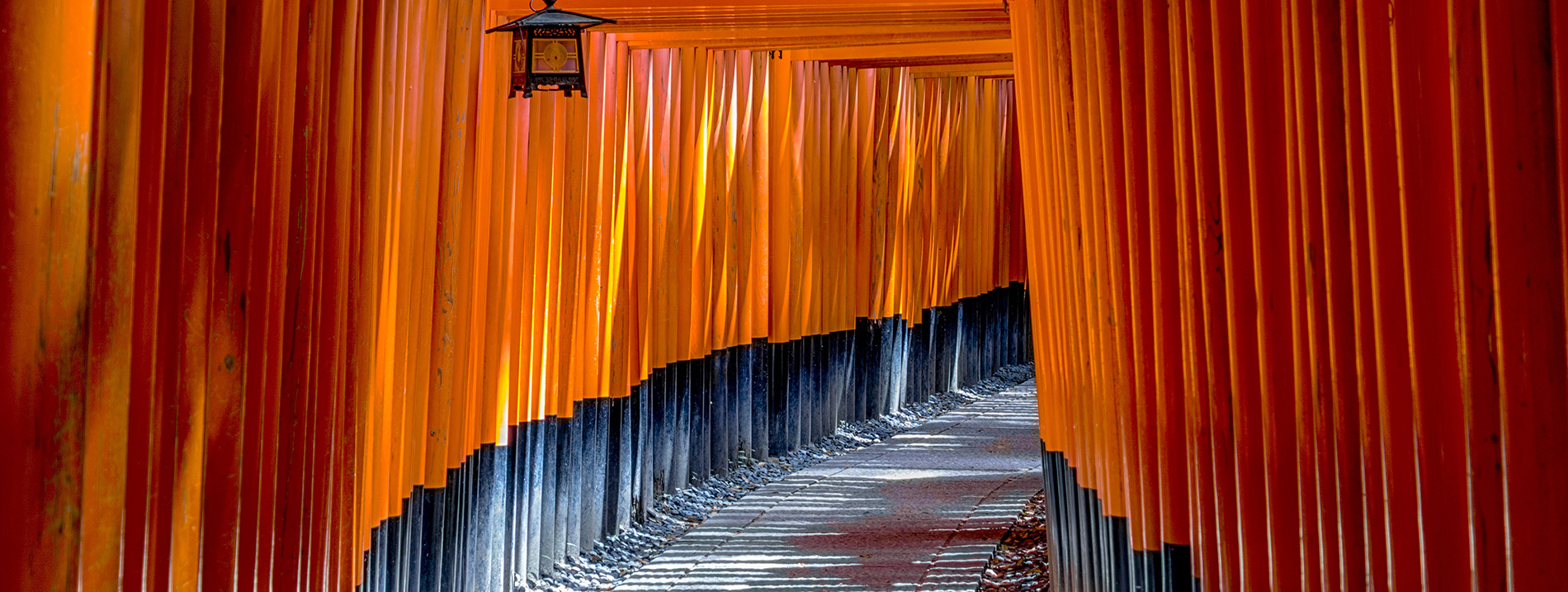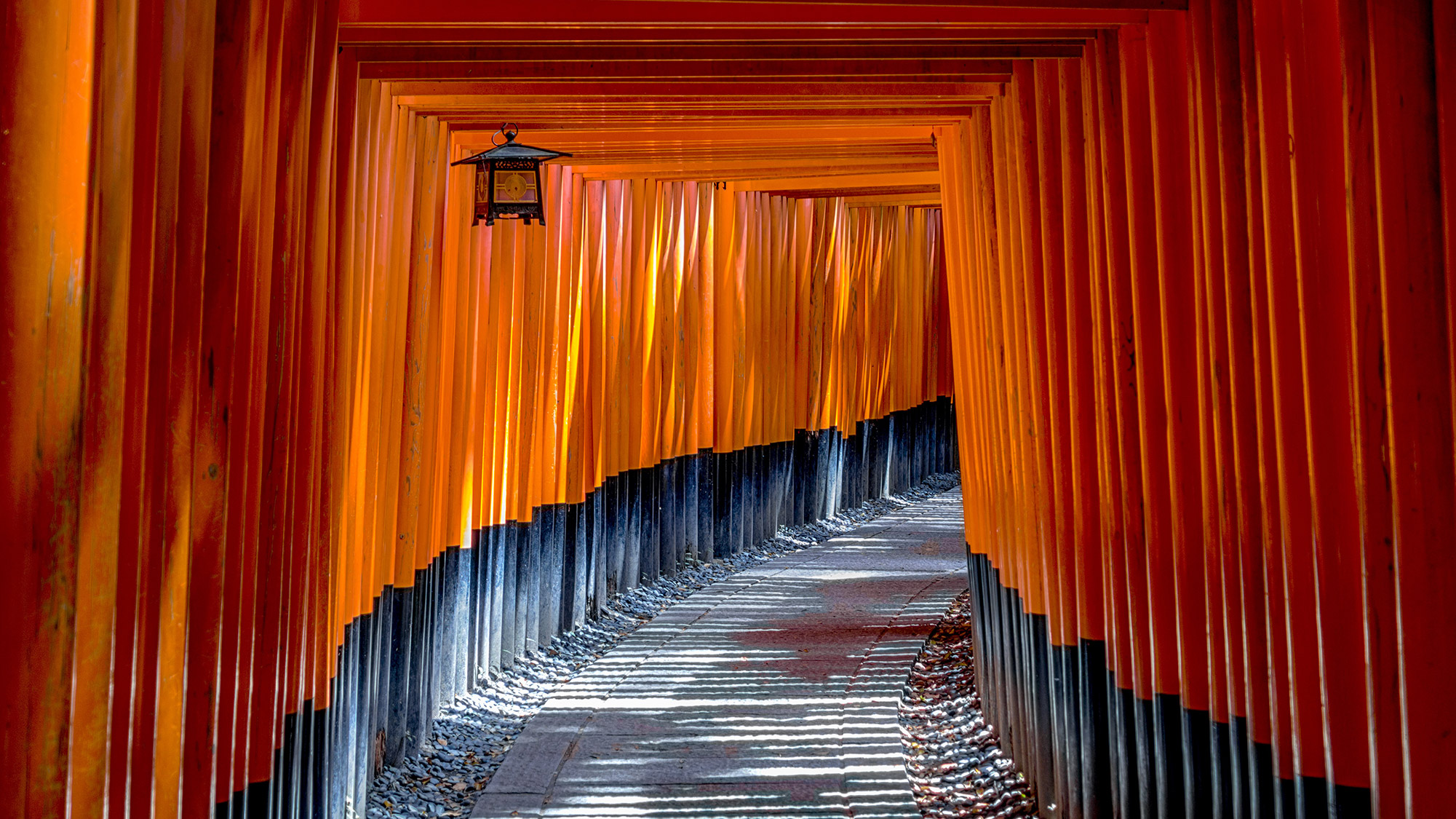RIDAGA
UCHRI, funded by a grant from the Henry R. Luce Foundation, embarked on a 3-year (2012-2015) research initiative exploring the complex cultural and political relations between diasporic religious communities and their self-identified homelands. Informed by a UC-wide advisory committee of scholarly experts and media professionals working in the field, RIDAGA supported two-year research projects of four humanities Studios. Each studio engaged in research-driven collaboration across multiple academic disciplines, UC campuses, global partners, and media professionals. The four funded Studios include:
- Regulating Sex/Religion
- Shari’a Revoiced
- Humanitarian Ethics, Religious Affinities, and the Politics of Dissent
- Global Religious Festivals in Secular Cityscapes: Immigration, Politics, and Religious Performance in California
What is a Humanities Studio?
Inspired by both the laboratory model in the hard sciences and the studio model in the arts and architecture, and inspired by the the John Hope Franklin Humanities Institute, UCHRI developed the Humanities Studio: a collaborative experiment designed to encourage creativity, innovation, and collective research across disciplines and among a variety of researchers and practitioners. Two of the four RIDAGA Humanities Studios were formed at the UCHRI Humanities Studio Jam Session in February 2013 at UC Irvine. Part networking event, part proposal development workshop, the Jam brought together scholars, journalists, community-based activists, and digital media scholars from across the state to engage in conversations around diasporic religion and to cultivate collaboration.
Each studio began with an overarching theme and a set of central questions or problematics, of interest to a community of researchers—a multidisciplinary mix of scholars (including faculty at all levels and graduate students), artists, and media professionals. While each Studio worked independently, UCHRI hosted two residency intensives where the Studios were “in residence” at UCHRI for a few days, so that participants could engage in intellectual cross-fertilization and networking among the projects and also have dedicated time to advance the goals of their individual Studio. The Humanities Studios produced a wide range of research outcomes, including research workshops for graduate students, websites, public-facing publications, curated art exhibits, documentary films, spoken word performances, a UC-wide curriculum tool, and academic publications.


